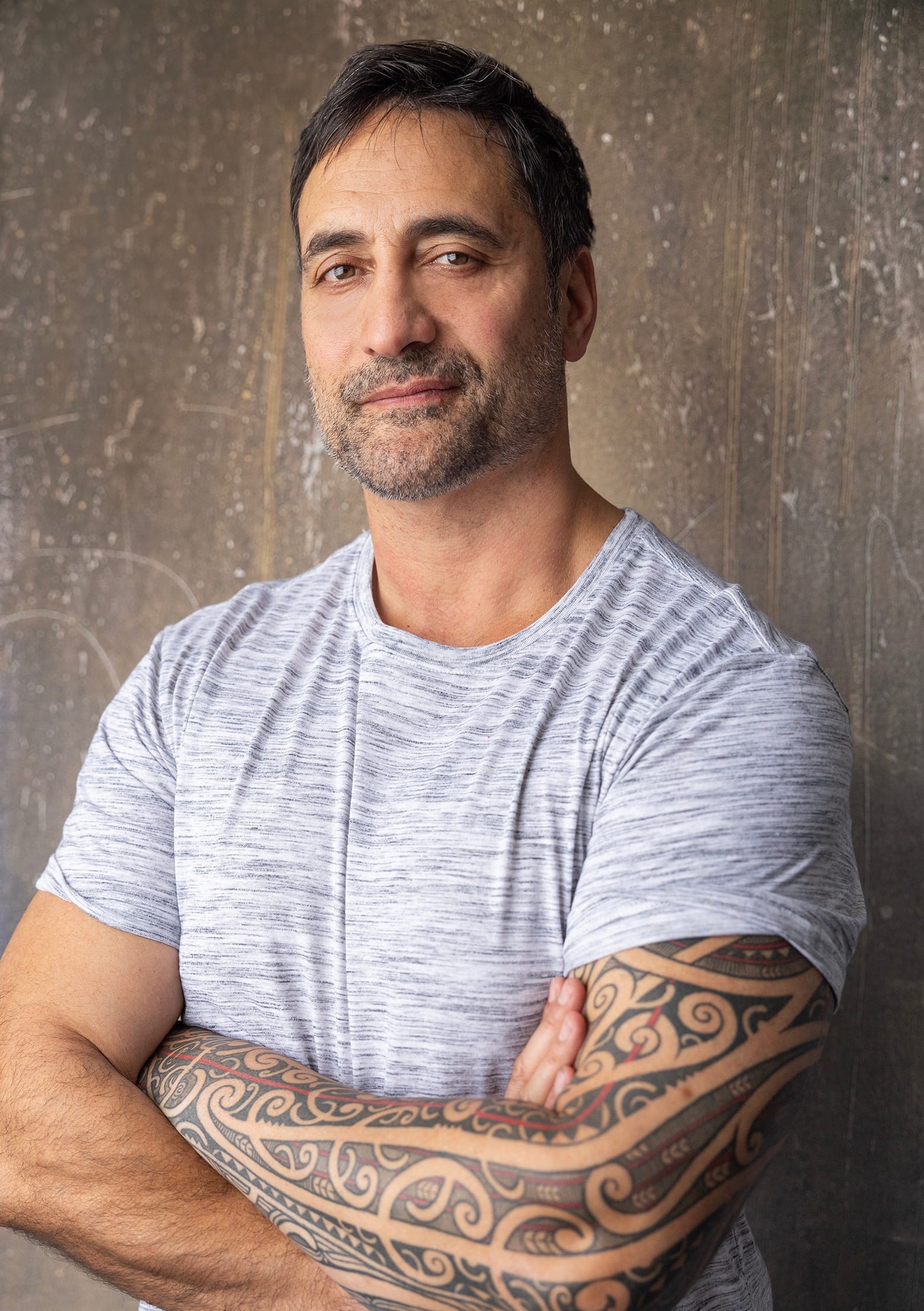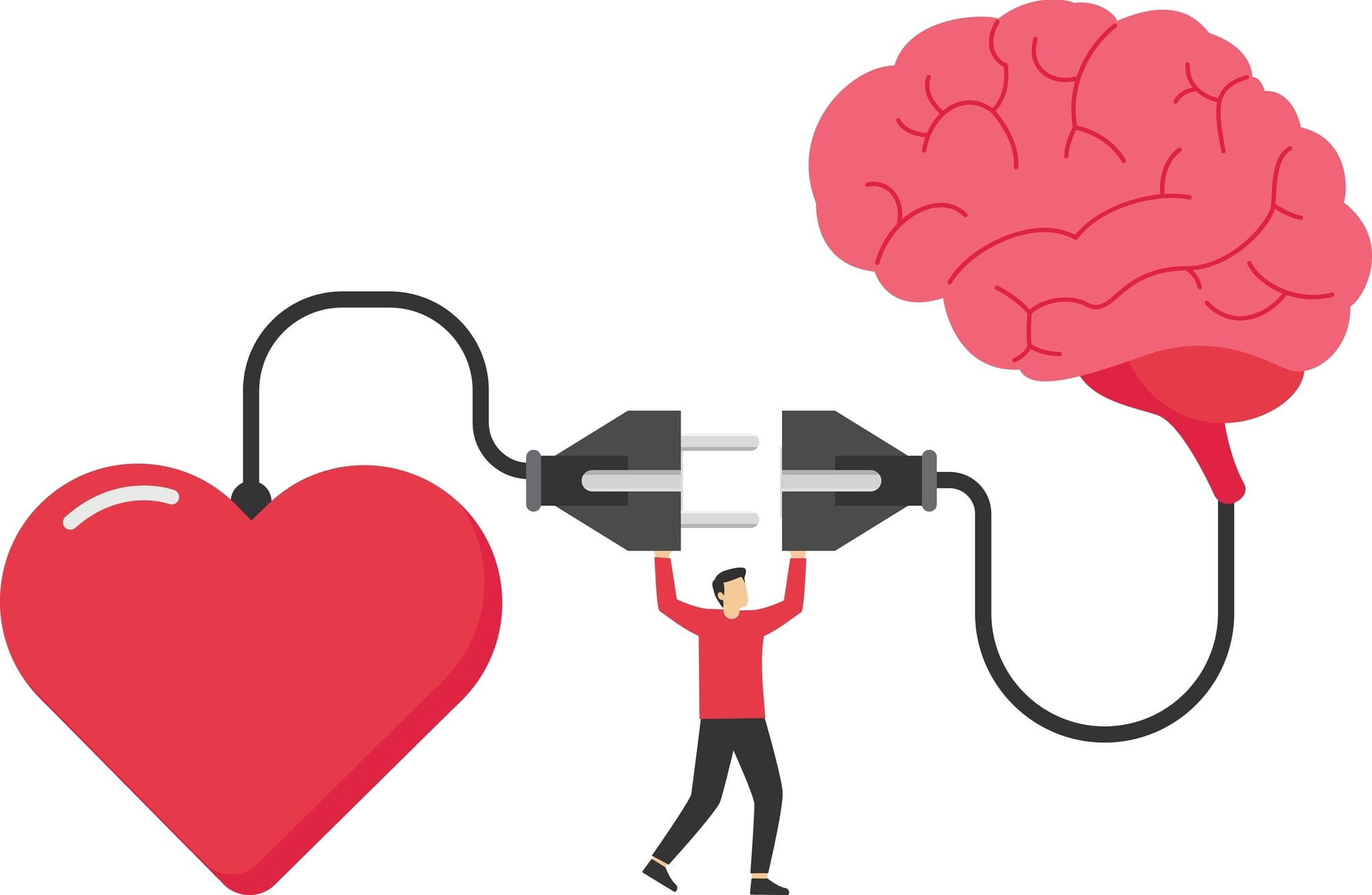
No drama!
Survival story
I got into addiction treatment because I wanted to live. I stayed in recovery because someone shared their story and I saw myself in it. That moment cracked something open in me.
Rhythm and soul
I founded Recovery Street because I was tired of watching people, especially brown people like me, sit in clinical rooms that didn’t reflect our realities. One-to-one therapy and psychoeducational groups can be useful—I’ve delivered them myself—but too often they miss something vital. They miss the soul of the story. They miss the rhythm of how we heal.
Beautiful addiction
What Recovery Street does is simple, but it cuts deep: we help people tell their stories on stage. Raw, honest, beautiful stories of addiction, survival, transformation. We do it through theatre, but it's not about entertainment. It's about narrative therapy, cultural responsiveness, and reclaiming authorship of your own life. And it works. Not because it’s soft, but because it’s brave.
The stage is set
I have a background in acting and directing, so it made sense to me to bring that into recovery. At first, we had professional actors play the roles of people in recovery. Then I cut out the middleman. I asked: what happens if we put the storytellers centre stage? That shift changed everything.
Psychosis, prostitution, prison
In a 14-week programme, people develop the tools to perform their own stories. It’s intense. It’s delicate. And it’s full of risk. But it's also where the gold is. We never tell anyone what parts of their story to share. If they want to talk about psychosis or prostitution or prison, they can. Our job is to make sure it’s done safely, creatively, and with mana.
Take one of our peers. Her story was heavy with trauma, especially from an abusive relationship. She had never talked about it publicly before. We didn’t sanitise her experience, but we helped her frame it with care. I asked her: "What did you love about him, at the beginning? "That question led her to a scene that showed both the joy and the descent.
For her, it was a step toward forgiveness—not for him, but for herself. That’s the shift we aim for.
Taonga
We also use symbolism. One woman ended her performance by placing a Wombles pillowcase—her taonga from childhood—on a table in full light. It had been her comfort through foster care and addiction. That simple gesture told the audience: this is real. This is mine. That’s when people cry. Not from pity, but from recognition.
Love and money
The hardest part? Funding. Recovery Street is held together by love, unpaid hours, and a shoestring budget. I’m the writer, director, tour manager, fundraiser, and social media guy. I’ve done all this while caring for my mum with dementia and trying to sustain my own practice. We’re working on becoming a charitable trust. That will help.
We’ve performed in prisons, mental health units, and community theatres. The feedback is always the same: people are moved, changed, confronted. Recovery Street isn’t just a show. It’s a mirror, a movement, and for many, a lifeline.

Dignity and strength
Why does this matter? Because our people are dying. Because some of the most effective healing happens not in silence, but in story. And because when someone learns to say, "This is what happened to me" with dignity and strength, they start to write the next chapter on their terms.
That’s what Recovery Street is. It’s where we get to know our stories, so we can change them.


